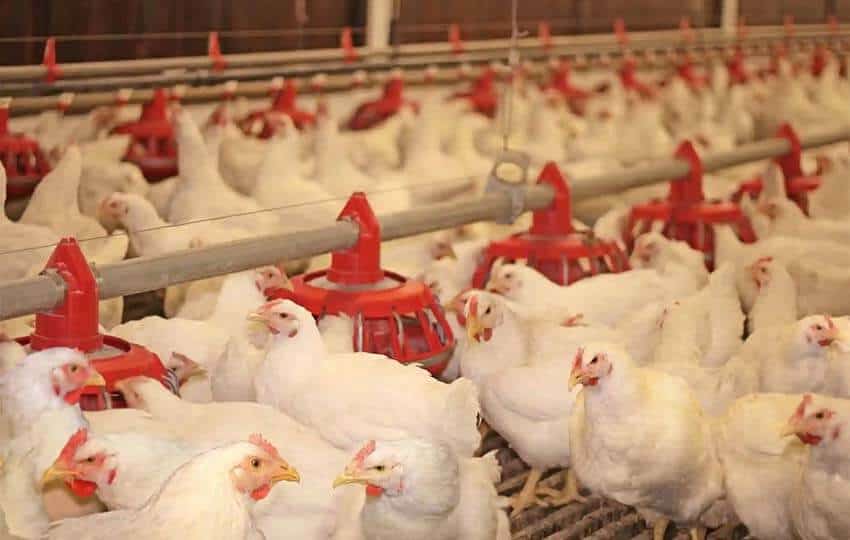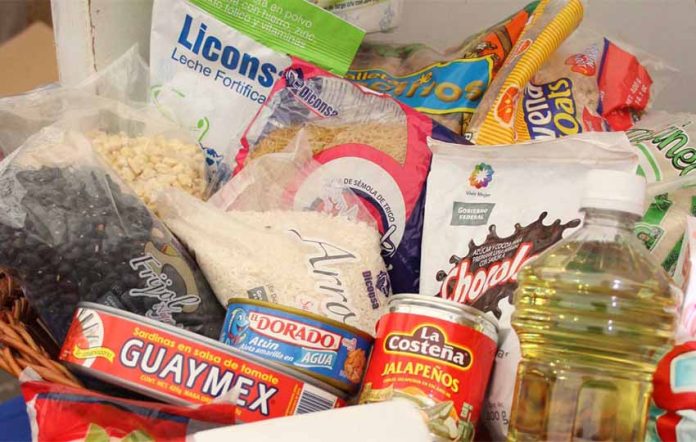The average price of 12 staple products leapt up as much as 28.6% in some parts of Mexico during the first four months of the year, according to data from the Economy Ministry and the consumer protection agency Profeco.
The products in question all feature in the shopping basket of essential items. Mexico uses this economic tool to track inflation, which was 7.72% in the first half of April, more than double the Bank of México’s target rate.
The 12 products included in the January-through-April calculation are limes, melons, serrano chiles, onions, apples, tortillas, tomatoes, milk, beans, rice, eggs and chicken. These 12 products are not the entire makeup of the basket, which includes several other foods and also cooking items such as oil, chocolate and some hygiene projects like soap and toothpaste.
The cost of limes, serrano chiles and melons all skyrocketed in the first four months of 2022, between 97% and 173%. Those price spikes were partially compensated by a drop in the price of beans (1.9%), chicken (16.2%) and rice (32.1%) over the same period.
Mexico City citizens were the worst affected, where a 28.6% spike in the cost of the 12 products was recorded. In Guadalajara, Jalisco, the items increased 27.9% in cost, while in Monterrey, Nuevo León, their prices jumped 18.1%.

President López Obrador announced last week that the government was seeking an agreement with private companies to limit price increases on basic food items.
“We are going to reach an agreement, which is already very advanced, with producers and business people,” he said. “We are going to guarantee a basic basket of food with fair prices so that people do not suffer …” he said. López Obrador added that the plan had the support of the business community.
However, opinions in that sector appear mixed.
The finance director of restaurant operator Alsea, Rafael Contreras, said the plan was workable in the short term.
“It’s a good thing in the short term for people who consume items from the [inflation] shopping basket, but in the long term, it could generate a shortage of those products. It’s something that will have to be defined as inflation grows to see if producers are willing to continue with it,” he said.
Rodolfo Ramos, the general director of poultry producer Bachoco, supported the government’s plan to facilitate product distribution. “The government said that it’s not going to control prices, which is very important, and that there is going to be some support for distribution, including reductions in taxes on gasoline and diesel, and there are some other proposals relating to … transportation,” he said.

The director-general of supermarket chain Chedraui, Antonio Chedraui Eguía, has voiced concerns that the government could try to keep prices low in the longer term.
The director of economic analysis at Banco Base, Gabriela Siller, said the strategy could end up being counterintuitive.
“Unifying prices [between states] implies that for some, prices will have to rise. Then you end up affecting people instead of helping them,” she said.
With reports from Milenio
